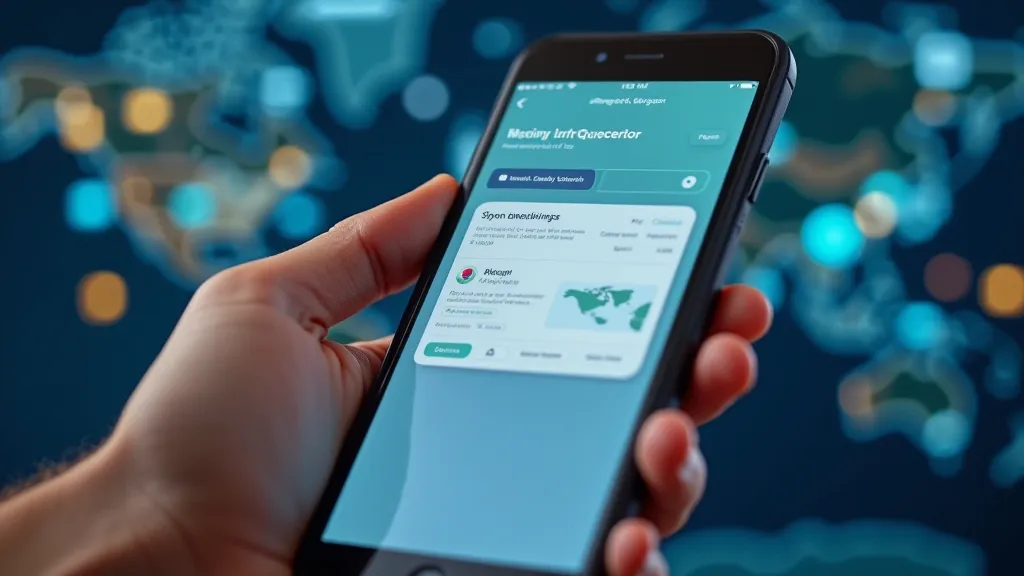Digital Nomad Finances: Budgeting, Taxes, and Banking
The allure of working remotely and exploring the world is undeniable. But the reality of being a digital nomad often comes with a unique set of financial challenges. It’s not just about saving money for travel; it's about navigating a constantly changing tax landscape, optimizing your banking, and ensuring your financial stability while living a location-independent lifestyle. This guide breaks down the essentials for digital nomad finances.
Budgeting for Location Independence
Traditional budgeting methods can be tricky when your income and location are variable. Here's a breakdown of effective strategies:
- Track Everything: For the first few months, meticulously track every expense, no matter how small. Apps like Mint, YNAB (You Need A Budget), or even a simple spreadsheet can be invaluable.
- Factor in Variable Costs: Travel expenses (flights, accommodation, visas) fluctuate significantly. Build these into your budget, ideally with a buffer for unexpected costs. Consider seasonal pricing variations in your chosen destinations.
- "50/30/20" Modified: A general rule of thumb is 50% for needs, 30% for wants, and 20% for savings/debt repayment. As a nomad, you might adjust this. Accommodation and food are often your biggest needs, so that category might take up more than 50%.
- Emergency Fund is Crucial: Aim for 3-6 months' worth of living expenses. This is your safety net for unexpected medical bills, cancelled projects, or travel disruptions.
- Consider Currency Fluctuations: If your income is in one currency and your expenses are in another, currency exchange rates can dramatically affect your budget. Factor this into your planning.

Understanding Your Tax Obligations
Tax compliance is arguably the most complex aspect of digital nomad finances. There's no one-size-fits-all answer, as it depends heavily on your citizenship, residency status, and income sources.
- Tax Residency: Where are you considered a tax resident? This is often determined by where you have significant ties (like a permanent home, family, or voting rights).
- Double Taxation Agreements: Many countries have agreements to prevent double taxation. Research these if you're working in one country while being a tax resident in another.
- Self-Employment Taxes: As a freelancer or contractor, you're likely responsible for paying self-employment taxes in your country of residence.
- Income Reporting: Be diligent about tracking your income and reporting it accurately in the required jurisdictions.
- Seek Professional Advice: Consulting with a tax professional specializing in international taxation is *highly* recommended.
Choosing the Right Banking Solutions
Traditional banking can be challenging for digital nomads. Here's how to navigate it:
- Online Banks: These offer lower fees, better exchange rates, and convenient access from anywhere. Options like Wise (formerly TransferWise), Revolut, and N26 are popular.
- Multiple Accounts: Consider having separate accounts for different purposes (business, travel, savings).
- ATM Fees: Be aware of international ATM fees and look for banks with lower rates.
- Currency Exchange Rates: Compare exchange rates before making transfers. Online banks often provide more competitive rates than traditional banks.
- Debit vs. Credit Cards: Debit cards generally have lower fees for international transactions, but credit cards can offer rewards and travel insurance. Research the fees and benefits of each.

Proactive Financial Management
Being a digital nomad requires a proactive approach to finances. Stay informed about changes in tax laws and banking regulations. Regularly review your budget and adjust it as needed. Don't be afraid to seek professional help when facing complex financial decisions.
The freedom and flexibility of the digital nomad lifestyle are well worth the effort, but financial stability is the foundation upon which that lifestyle is built. Take control of your finances, and enjoy the journey!






